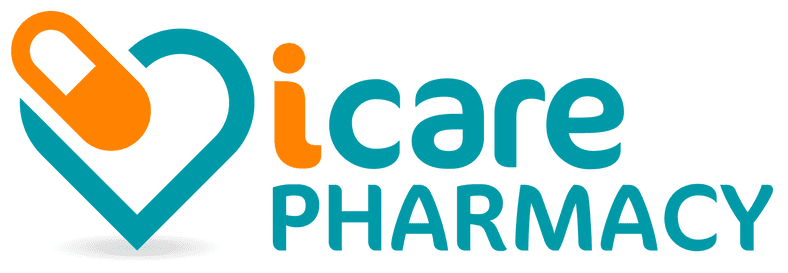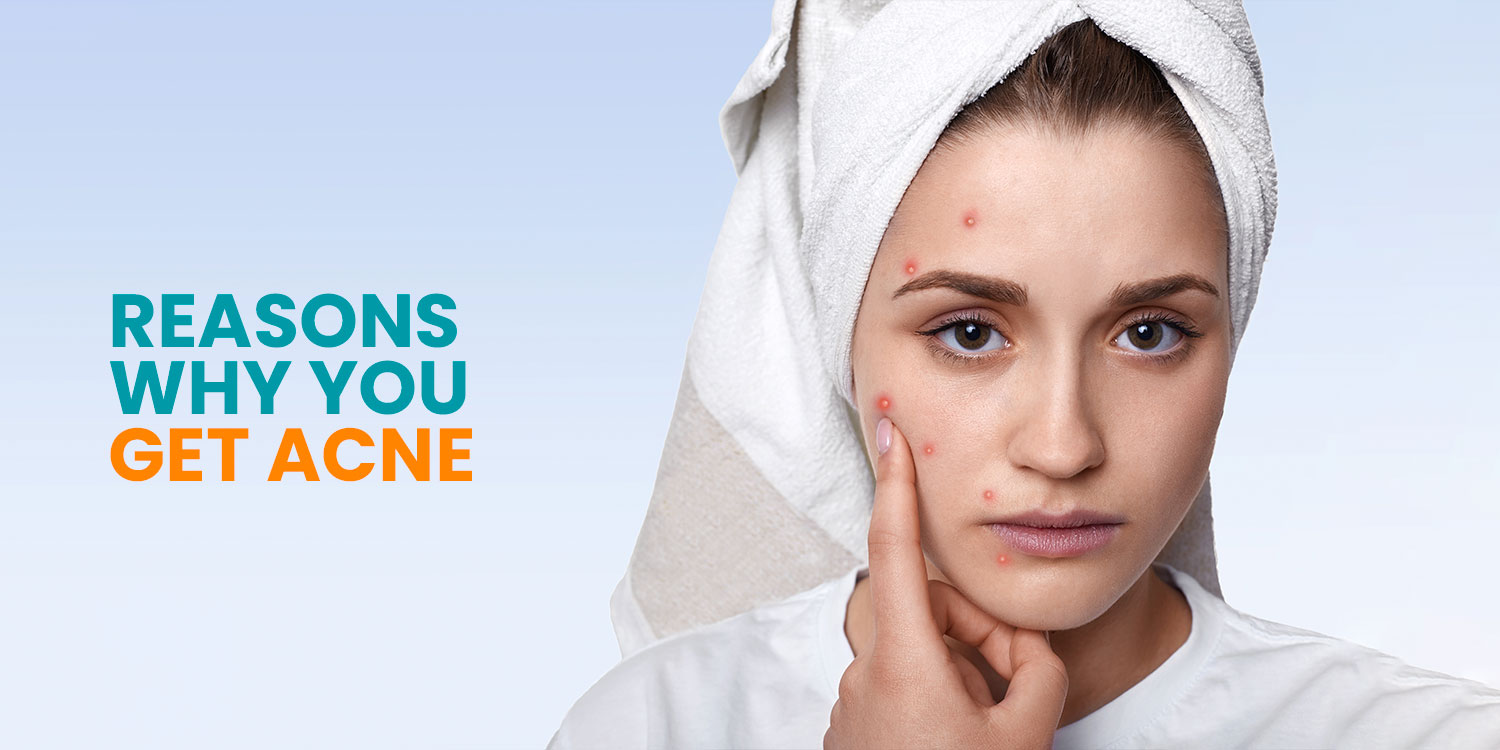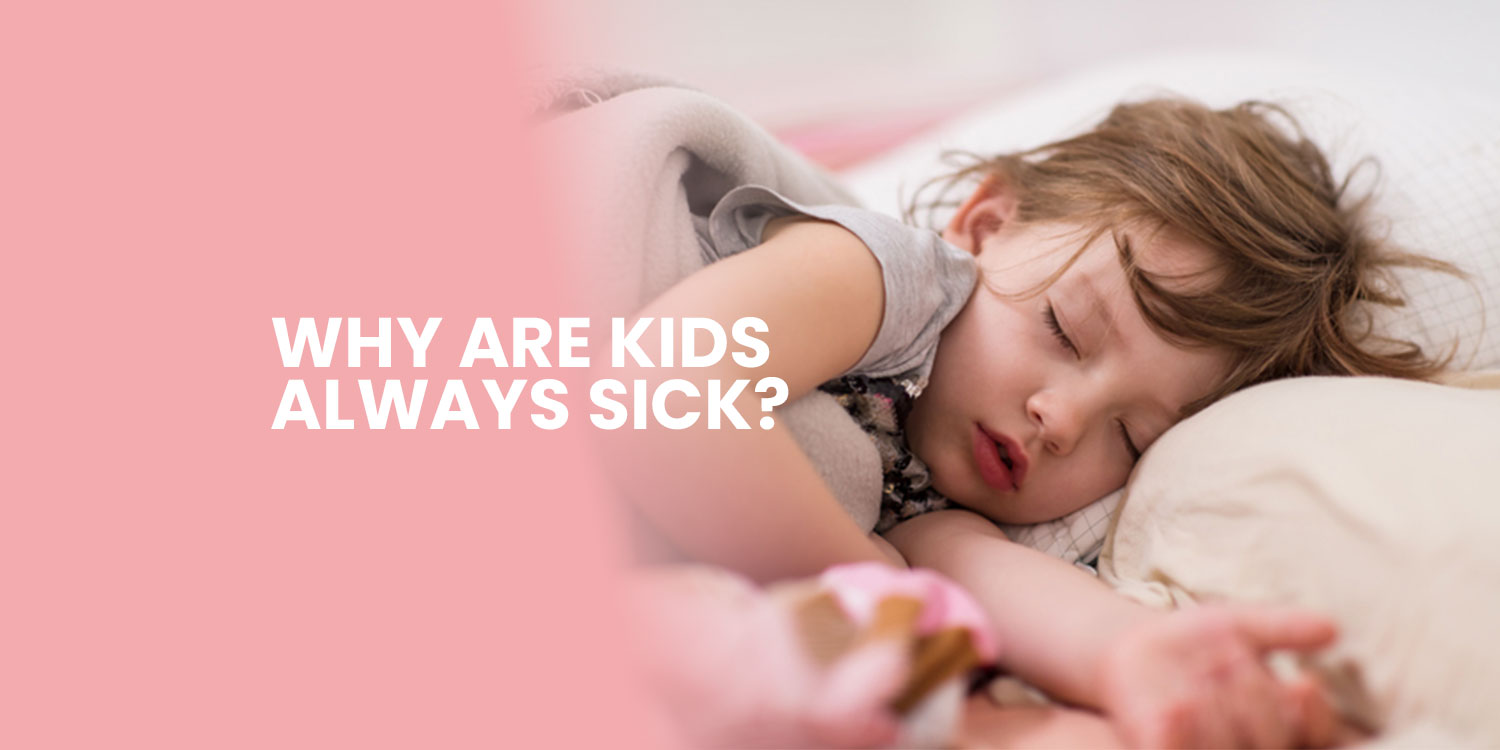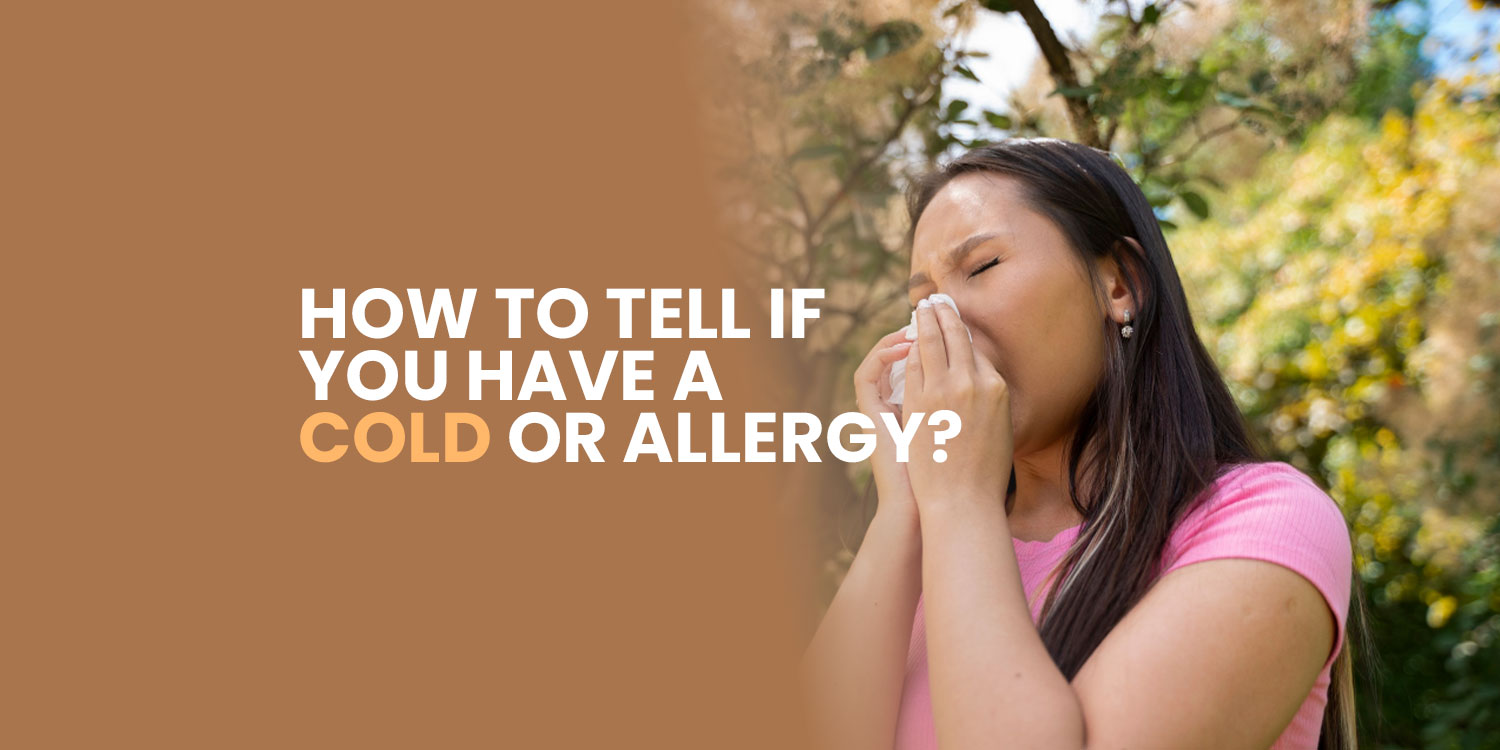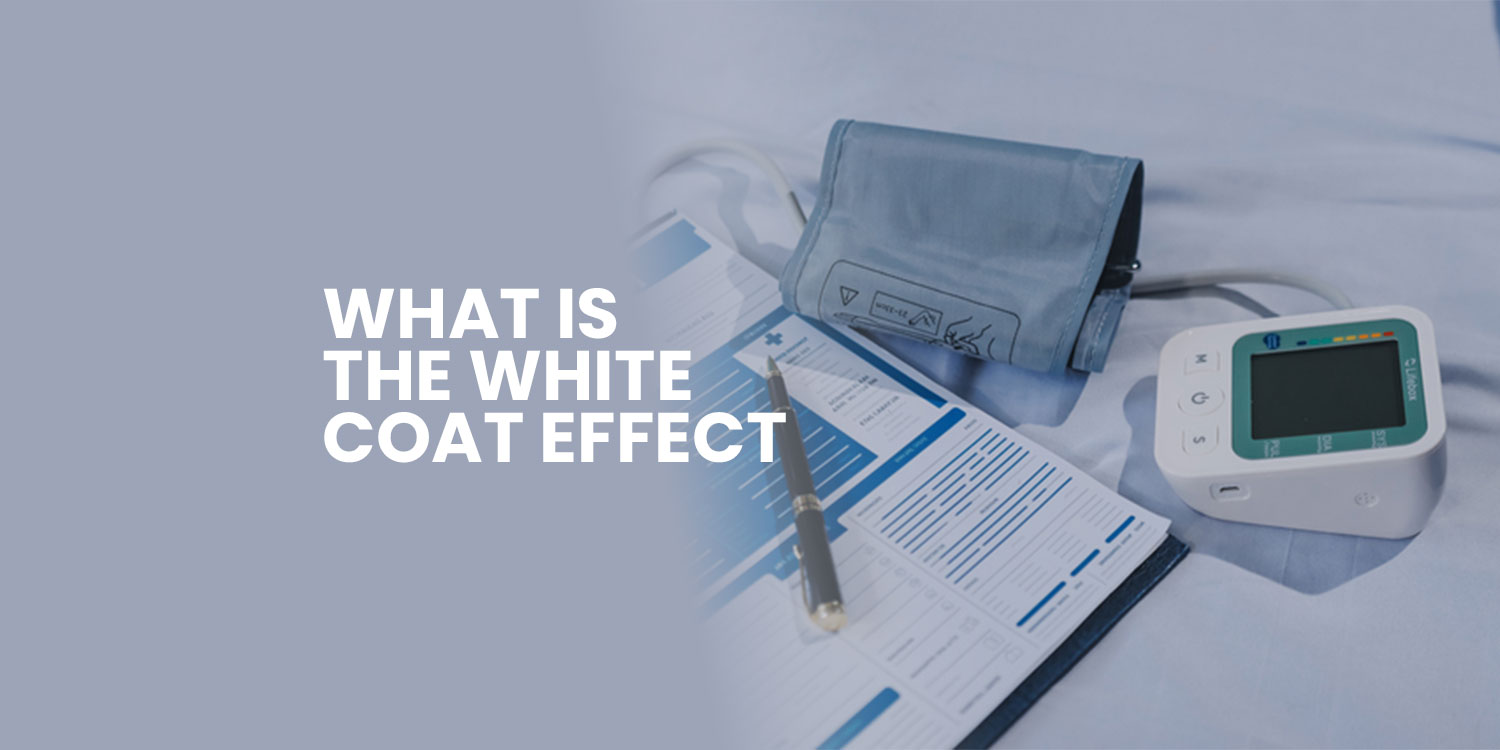Why Do Some People Get Acne While Others Don’t?
Ever wondered why some people seem to have flawless skin while others battle breakouts? The answer might be simpler than you think! Acne isn’t just about bad luck—it’s influenced by several key factors. Let’s break down the four main reasons why some people get acne and others don’t.
1. Hormonal Havoc
Remember those teenage years when your skin suddenly decided to turn against you? That’s because hormones play a huge role in acne development. When hormone levels fluctuate, especially during puberty, they trigger excess oil (sebum) production. This extra oil, combined with sweat and dead skin cells, clogs pores, leading to pesky pimples. Hormonal changes also happen during pregnancy and menstruation, making acne a lifelong battle for some (Dreno et al., 2018).
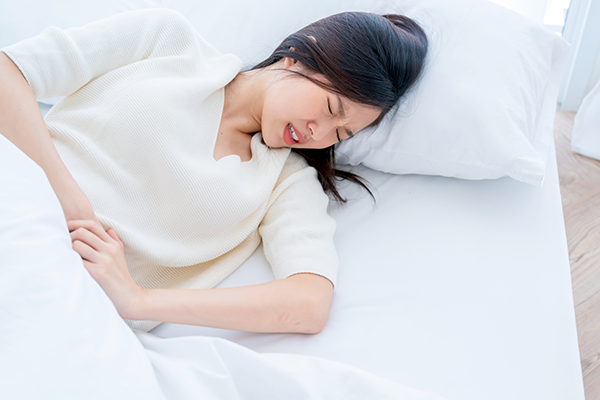
2. Blame Your Parents
If your mom or dad had acne, there’s a good chance you might deal with it too. Genetics play a big role in determining how your skin behaves. Some people naturally produce more oil or have a skin type that is more prone to breakouts. Studies have shown that if one or both parents had acne, their children are more likely to experience it as well (Zaenglein et al., 2016).
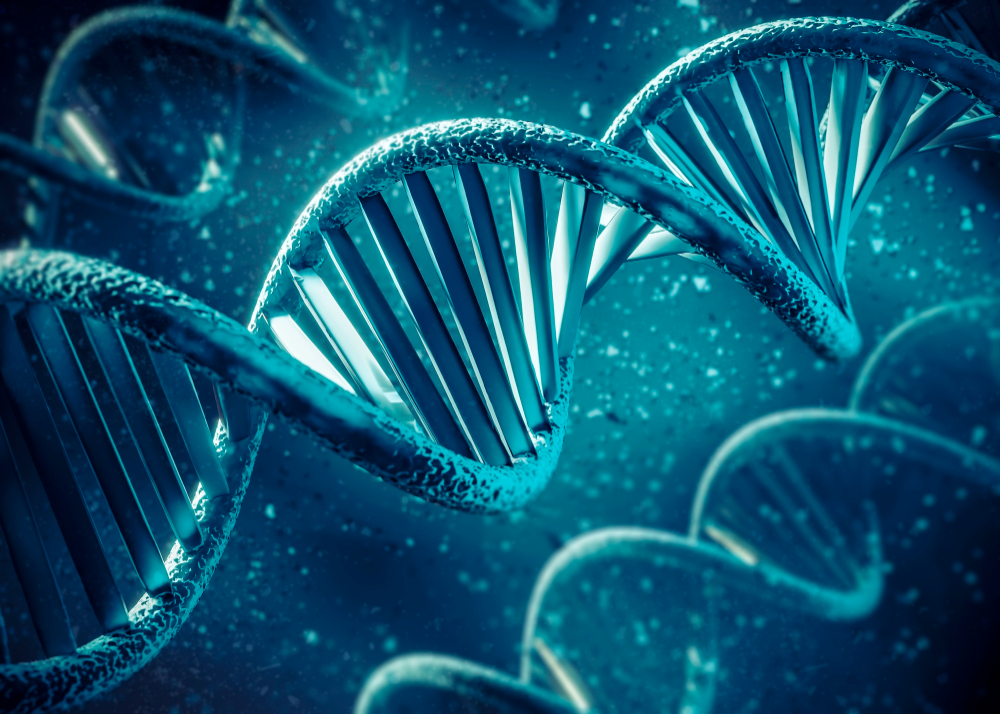
3. Sugar Can Sabotage Your Skin
Ever notice you break out after indulging in sweets? That’s not just a coincidence! High-sugar foods can spike insulin levels, which in turn boosts oil production. More oil means more clogged pores and, ultimately, more acne. Research suggests that diets high in refined carbohydrates and dairy products can increase acne severity (Burris et al., 2017). Cutting back on sugary treats and processed foods might help keep those breakouts in check.
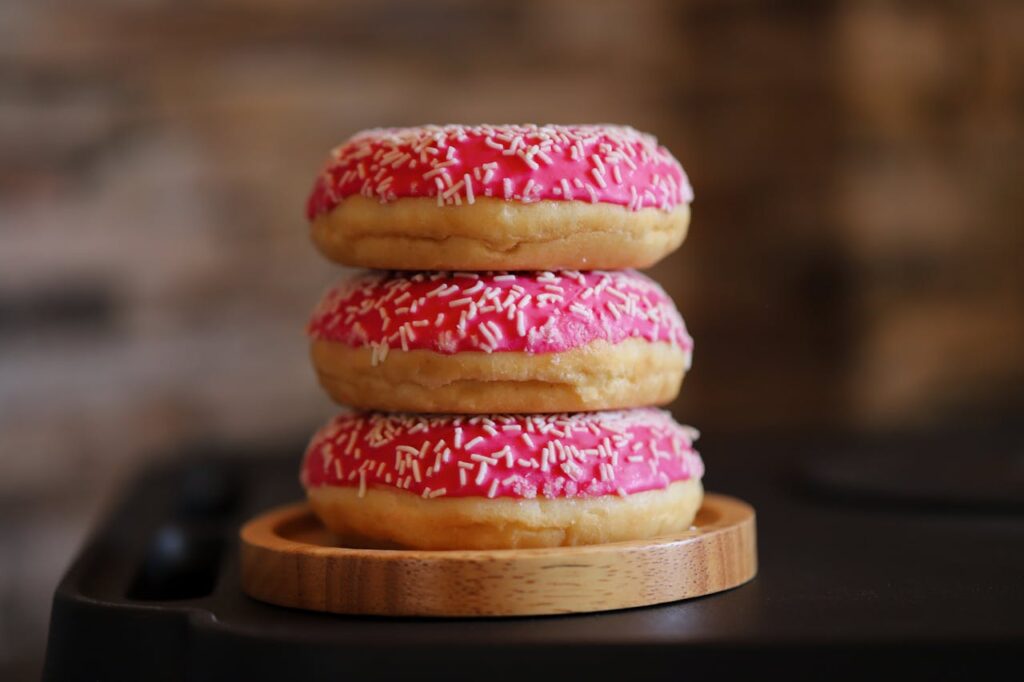
4. Stress Makes It Worse
Feeling overwhelmed? Your skin might be feeling it too! Stress triggers the release of hormones like cortisol, which can ramp up oil production and cause breakouts. This is why acne tends to flare up during exams, work deadlines, or stressful life events. Studies indicate that chronic stress exacerbates inflammatory skin conditions, including acne (Chiu et al., 2003). Finding ways to relax—whether through exercise, meditation, or simply getting enough sleep—can help keep stress-related acne under control.
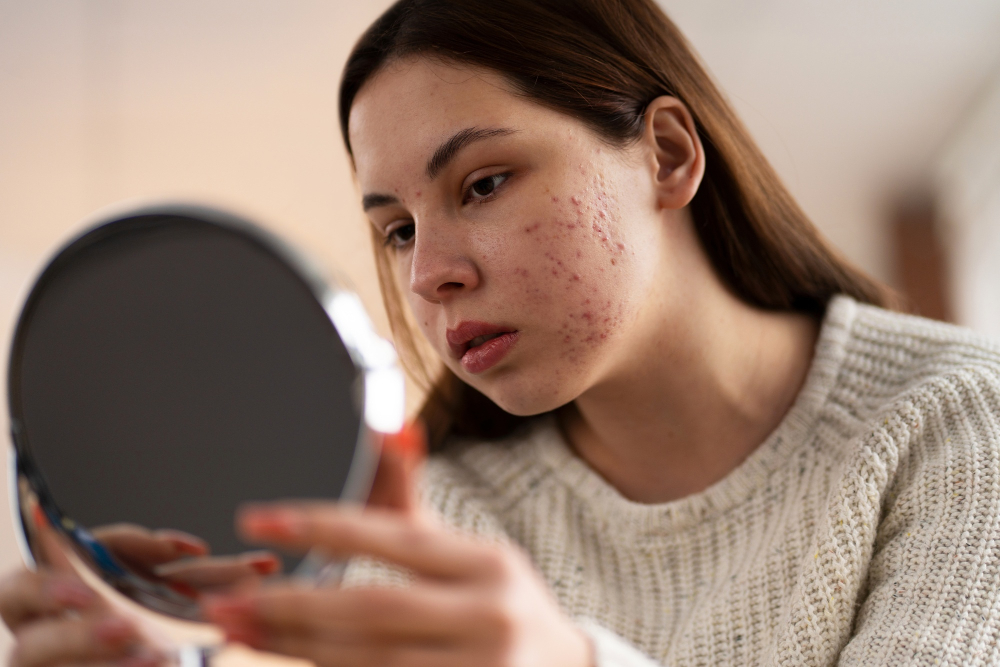
Final Thoughts
Acne isn’t just about hygiene or skincare—it’s influenced by hormones, genetics, diet, and stress. Understanding these triggers can help you take control of your skin. Whether it’s balancing hormones, watching what you eat, or managing stress, small changes can make a big difference in keeping your skin clear.
So, if you’re dealing with acne, don’t panic! You’re not alone, and with the right approach, you can find a routine that works for you.
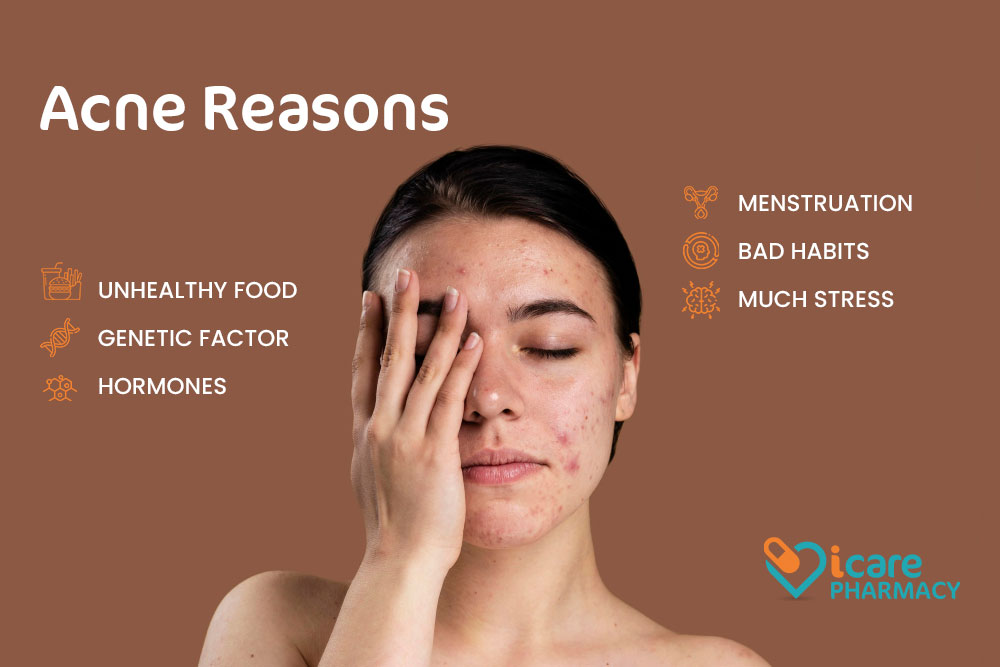
References
- Burris, J., Rietkerk, W., & Woolf, K. (2017). “Acne: The Role of Medical Nutrition Therapy.” Journal of the Academy of Nutrition and Dietetics, 117(3), 473-482.
- Chiu, A., Chon, S., & Kimball, A. B. (2003). “The Response of Skin Disease to Stress: Changes in the Severity of Acne Vulgaris as Affected by Examination Stress.” Archives of Dermatology, 139(7), 897-900.
- Dreno, B., Pecastaings, S., Corvec, S., Veraldi, S., Khammari, A., & Roques, C. (2018). “Cutibacterium acnes (Propionibacterium acnes) and Acne Vulgaris: A Brief Look at the Latest Updates.” Journal of the European Academy of Dermatology and Venereology, 32(Suppl 2), 5-14.
